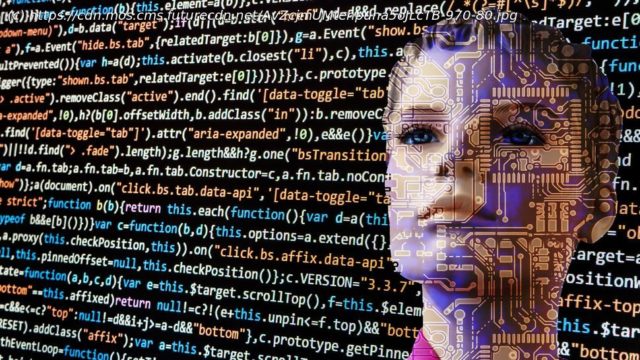AI isn’t developed enough to save the environment
Artificial General Intelligence, when it exists, will be able to do many tasks better than humans. For now, the machine learning systems and generative AI solutions available on the market are a stopgap to ease the cognitive load on engineers, until machines which think like people exist.
Generative AI is currently dominating headlines, but its backbone, neural networks, have been in use for decades. These Machine Learning (ML) systems historically acted as cruise control for large systems that would be difficult to constantly maintain by hand. The latest algorithms also proactively respond to errors and threats, alerting teams and recording logs of unusual activity. These systems have developed further and can even predict certain outcomes based on previously observed patterns.
This ability to learn and respond is being adapted to all kinds of technology. One that persists is the use of AI tools in envirotech. Whether it’s enabling new technologies with vast data processing capabilities, or improving the efficiency of existing systems by intelligently adjusting inputs to maximize efficiency, AI at this stage of development is so open ended it could theoretically be applied to any task.AI’s undeniable strengths
GenAI isn’t inherently energy intensive. A model or neural network is no more energy inefficient than any other piece of software when it is operating, but the development of these AI tools is what generates the majority of the energy costs. The justification for this energy consumption is that the future benefits of the technology are worth the cost in energy and resources.
Some reports suggest many AI applications are ‘solutions in search of a problem’, and many developers are using vast amounts of energy to develop tools that could produce dubious energy savings at best. One of the biggest benefits of machine learning is its ability to read through large amounts of data, and summarize insights for humans to act on. Reporting is a laborious and frequently manual process, time saved reporting can be shifted to actioning machine learning insights and actively addressing business-related emissions.
Businesses are under increasing pressure to start reporting on Scope 3 emissions, which are the hardest to measure, and the biggest contributor of emissions for most modern companies.






